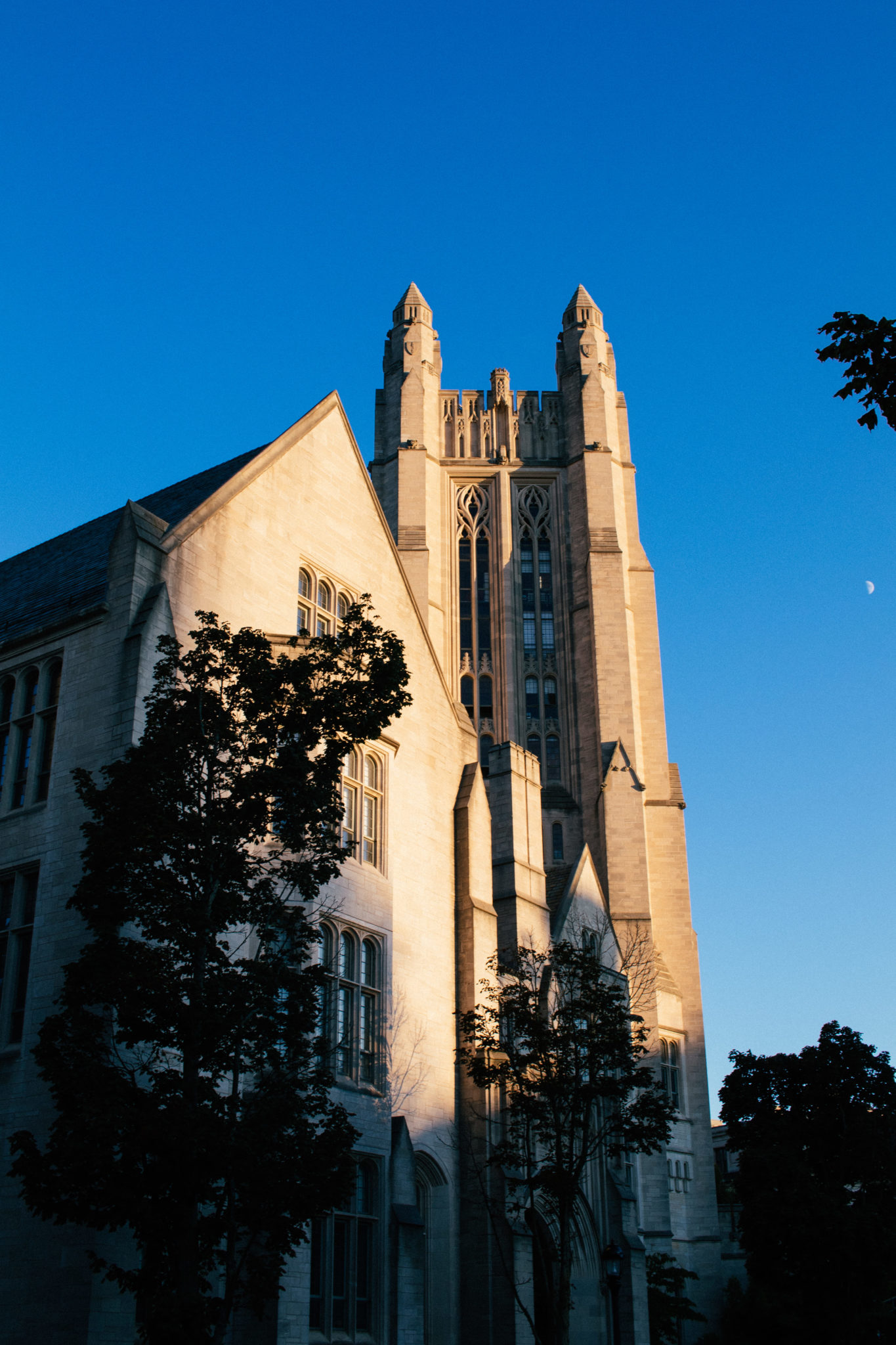
The Yale College Committee on Majors has formally begun soliciting feedback from students and faculty on whether or not Yale should institute academic minors.
Yale College Dean Marvin Chun charged the committee with exploring the possibility of instituting academic minors for the first time in a decade earlier this academic year. In November, Yale College Council Vice President Heidi Dong ’20 told the News that 84 percent of students who responded to the 2018 YCC Fall Survey said they either agreed or strongly agreed with the statement “If minors were offered at Yale, I would want to have a minor.”
Now that administrators have access to this quantitative feedback, chair of the Committee on Majors Sarah Demers said that the committee is hoping to hear and consider the qualitative aspects of student opinion. On Jan. 31, Demers sent out an email to the student body requesting input through a confidential online form.
“We already have the YCC survey results — that gives us some information about the amount of support for the question on minors, and the student opposition,” Demers said. “The most important piece of that web form is the big, blank, open box. We really want to know more than just a thumbs up or a thumbs down from the students. We would love to hear the reasoning behind students’ opinions.”
In 2010, the Committee on Majors issued a report that said it was “skeptical of the value of introducing minors in Yale College.” But Chun noted that the review recommended revisiting the question in the future. He added that continued faculty interest in minors and a recent review of Yale’s Multidisciplinary Academic Programs — which were determined last year to be “very successful, educational and inspiring students” — as well as the introduction of the language and data science certificates “opened up the conversation” on minors once again.
The Committee is tasked with conducting research and gathering as much information as possible, as well as considering community feedback and institutional history, Demers said. After collecting feedback from students and faculty, considering the importance of a liberal arts education and taking Yale’s educational mission into account, Demers said the committee will make a recommendation and present it before the full faculty, who will vote on the issue.
Chun told the News in November that the committee will reach a decision by the end of this academic year. Demers highlighted that the committee is “dedicated to taking the time that [it] need[s] to consider all of the input to come up with the recommendation.”
In addition to collecting feedback from students, Demers said that the committee has contacted the director of undergraduate studies for every major in the College to ask them for their feedback on minors. Some directors solicited input from faculty members in their departments before filling out the form, while others filled out the form themselves, she said.
According to Chun, the chief arguments both for and against minors rest on the question of “credentialing”. He explained that many faculty members who oppose minors believe that students will pursue them simply for the sake of collecting more credentials. On the other hand, he said that others believe that introducing minors would reduce the number of students who are double-majoring for the sake of gaining additional credentials.
“Every single person — faculty, students, administrators alike — only wants what’s best for Yale’s liberal arts education and for us to make sure that it’s as free and as broad and as engaging as possible,” Chun said. “Everyone wants that. The only disagreement is whether minors help that or hurt that.”
Chun noted that it’s “too early to say” where the conversation about minors will lead, but added that “if we think it’s conducive for our goals for a liberal arts education and not [credentialing], it will help the cause, but if it looks like students are just trying to credentialize, it will likely push things away from minors.”
YCC President Saloni Rao ’20 told the News that the YCC is planning to “jump on the bandwagon” and collect more in-depth feedback from students on minors in order to provide an additional resource for the committee to consider. She highlighted that the YCC’s collection process will make all of its findings public.
“Right now, they’re just collecting [feedback] through the survey, and who knows whether we’re going to see the results of the survey and how they’re going to use that?” Rao said. “We just want to make sure that we craft student input in a way that is 100 percent accurately reflecting what students and what students from all disciplines and backgrounds are thinking.”
The web form for student feedback on minors will close at 5 p.m. on Feb. 15.
Asha Prihar | asha.prihar@yale.edu







